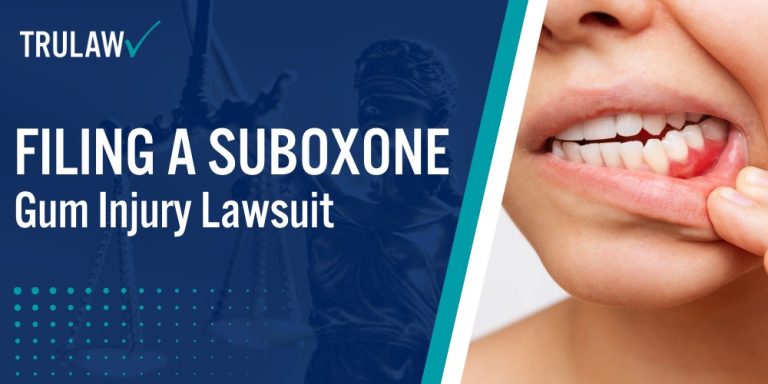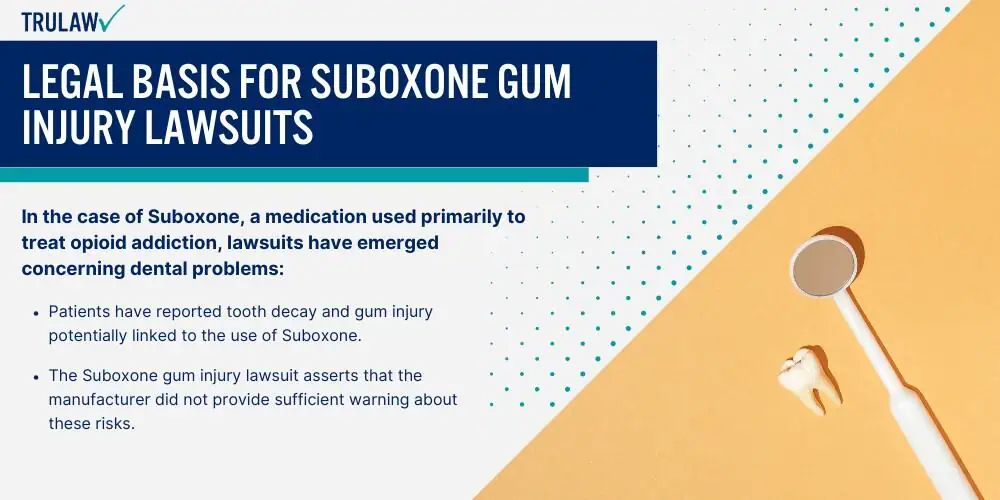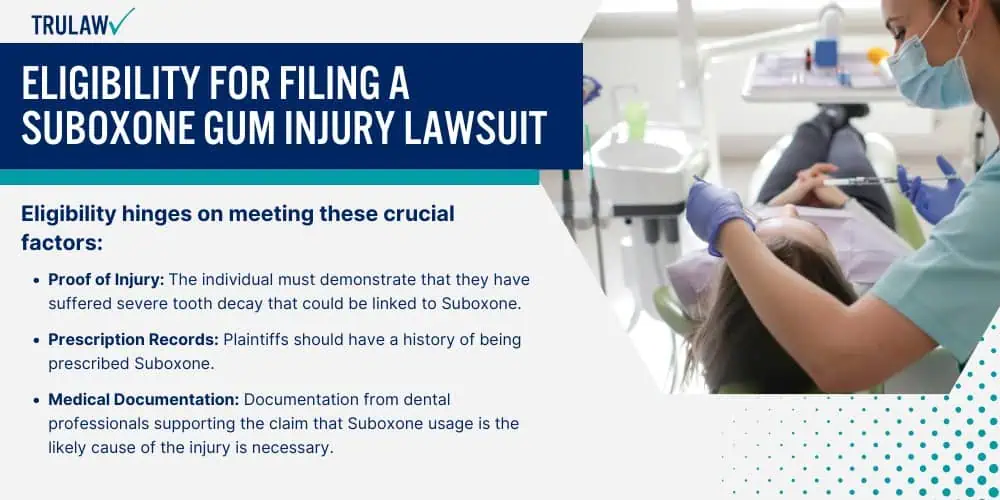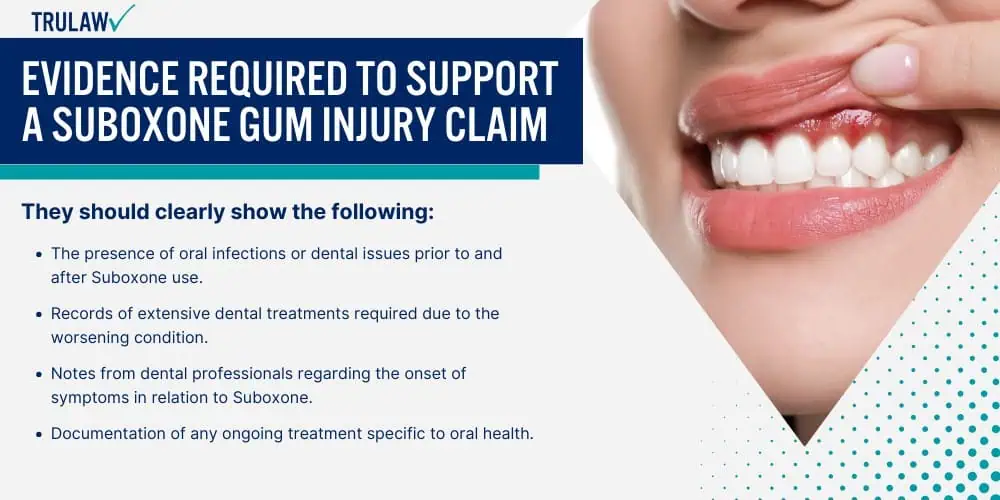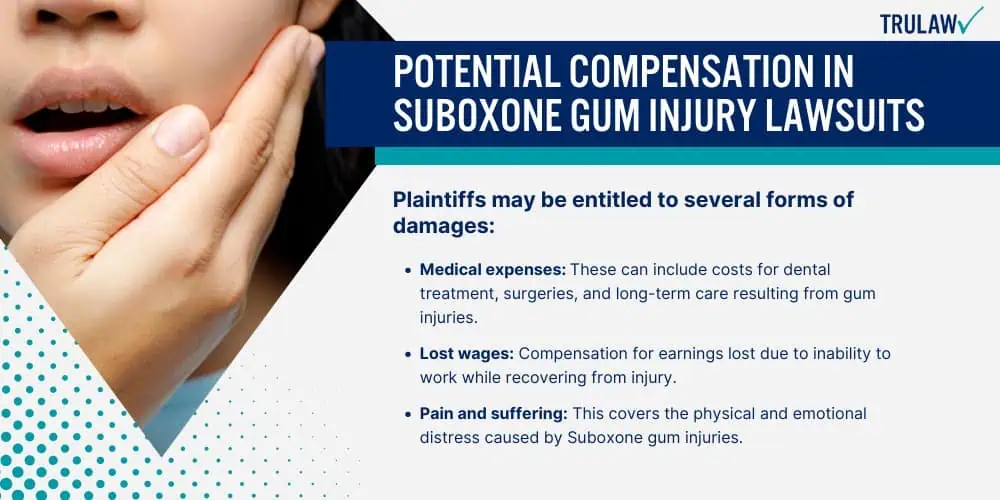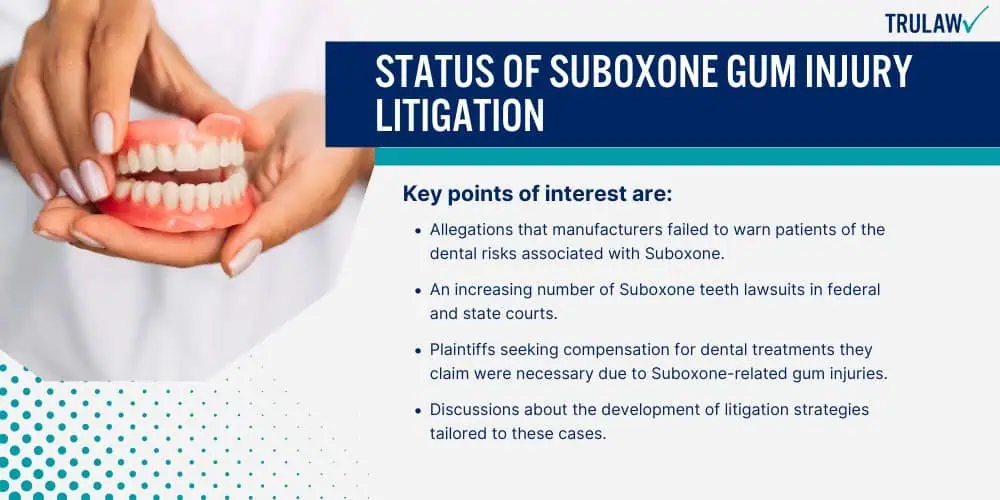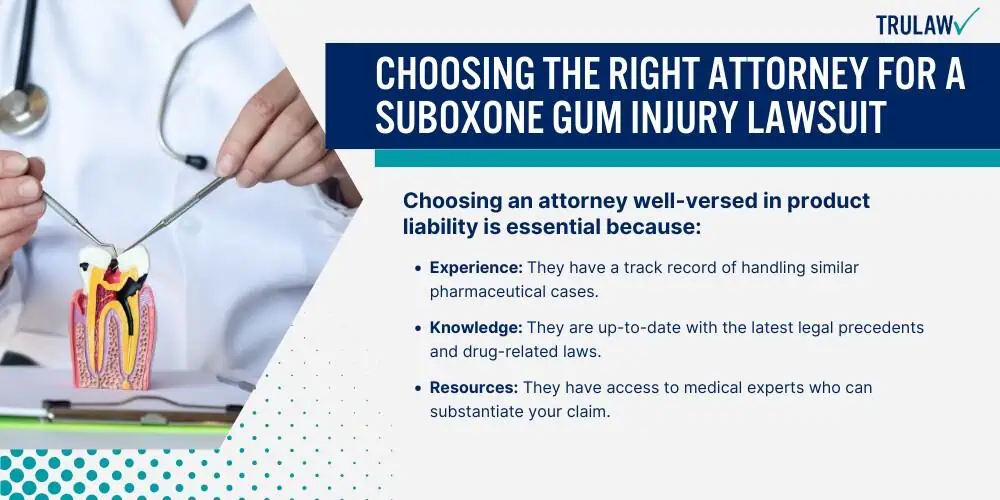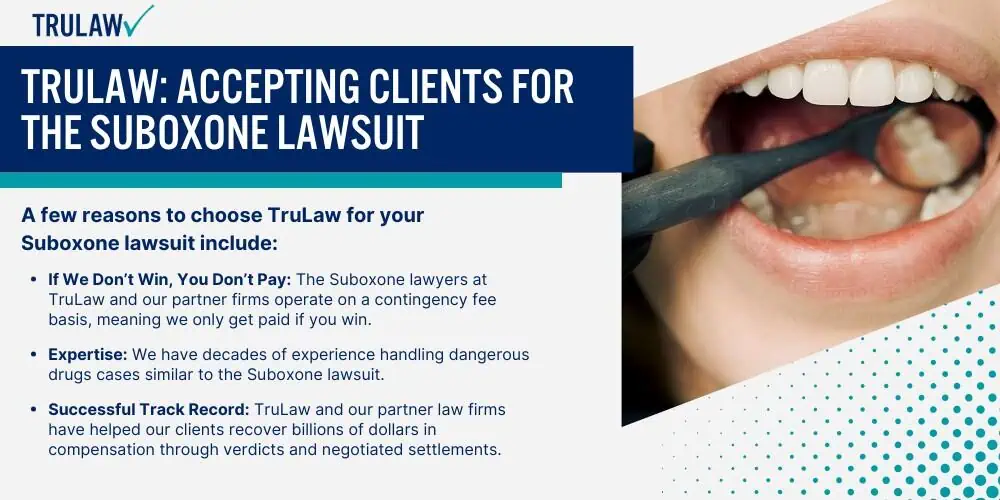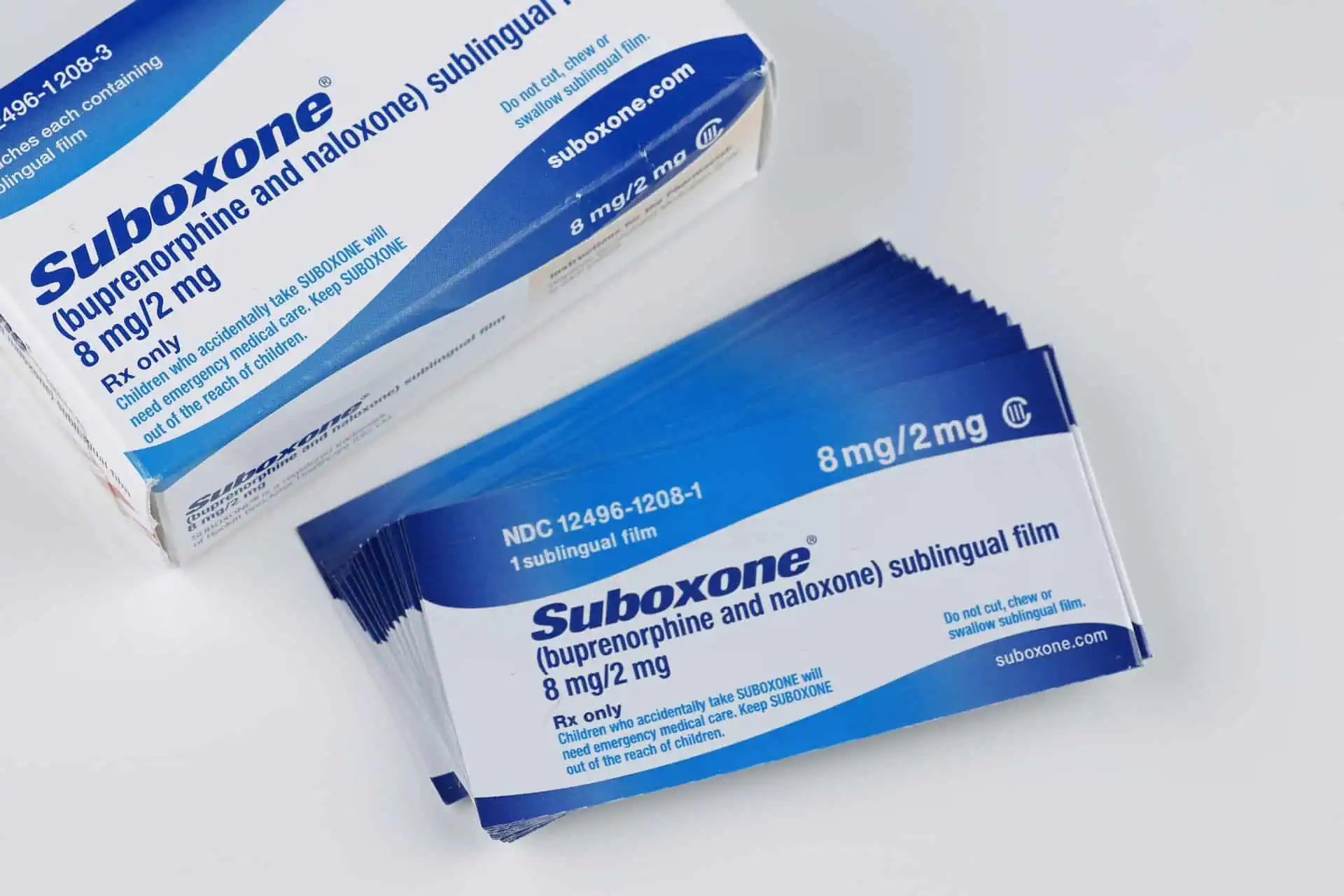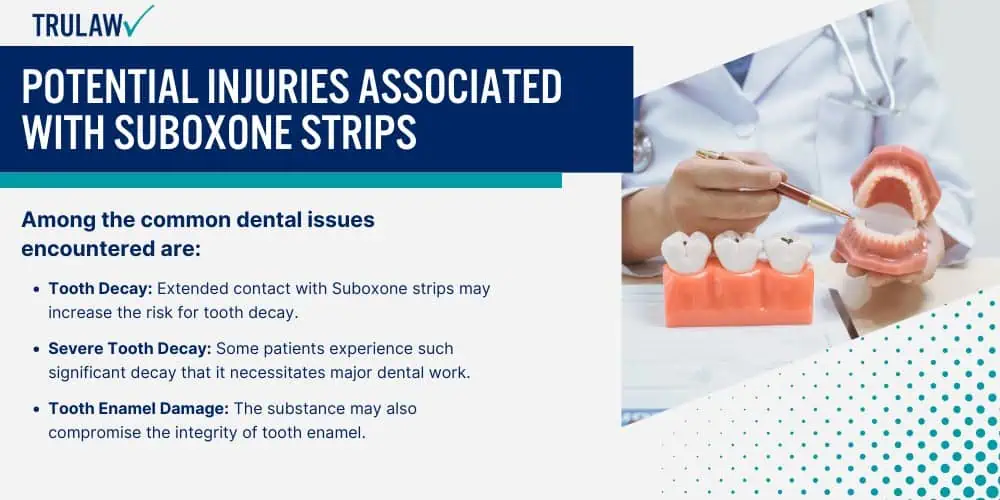
The use of Suboxone strips for opioid dependency treatment has recently been under scrutiny due to its unintended impact on oral health.
Oral Health Issues Linked to Suboxone Strips Use
Suboxone strips, designed to be dissolved in the mouth, contain buprenorphine, a medication approved for opioid addiction treatment.
However, they have been linked to various oral health issues.
For patients who utilize these strips frequently, the medication’s contact with the mucous membranes in the mouth may lead to severe dental injuries.
Among the common dental issues encountered are:
- Tooth Decay: Extended contact with Suboxone strips may increase the risk for tooth decay.
- Severe Tooth Decay: Some patients experience such significant decay that it necessitates major dental work.
- Tooth Enamel Damage: The substance may also compromise the integrity of tooth enamel.
- Dental Caries: A rise in reports of dental caries among users suggest a strong association.
- Other Dental Injuries: Unspecified dental injuries have also arisen, varying in severity.
Dental health issues can pose significant costs and may lead to more severe health complications if left untreated.
Other Adverse Health Effects Reported by Patients
Beyond the scope of oral health, Suboxone strips have other related adverse effects.
It’s essential for patients and healthcare providers to monitor for the following:
- Withdrawal Symptoms: Upon discontinuation, there might be cases of withdrawal symptoms.
- Reports detail additional systemic effects, though there is variability among individual experiences.
- Close medical supervision is recommended during treatment to mitigate any risks.
- Healthcare providers should educate patients on the potential for adverse effects to better prepare them for any challenges during their treatment journey.
Staying informed on the potential risks associated with Suboxone strips can equip patients and healthcare practitioners to take proactive measures in maintaining both dental and overall health.
